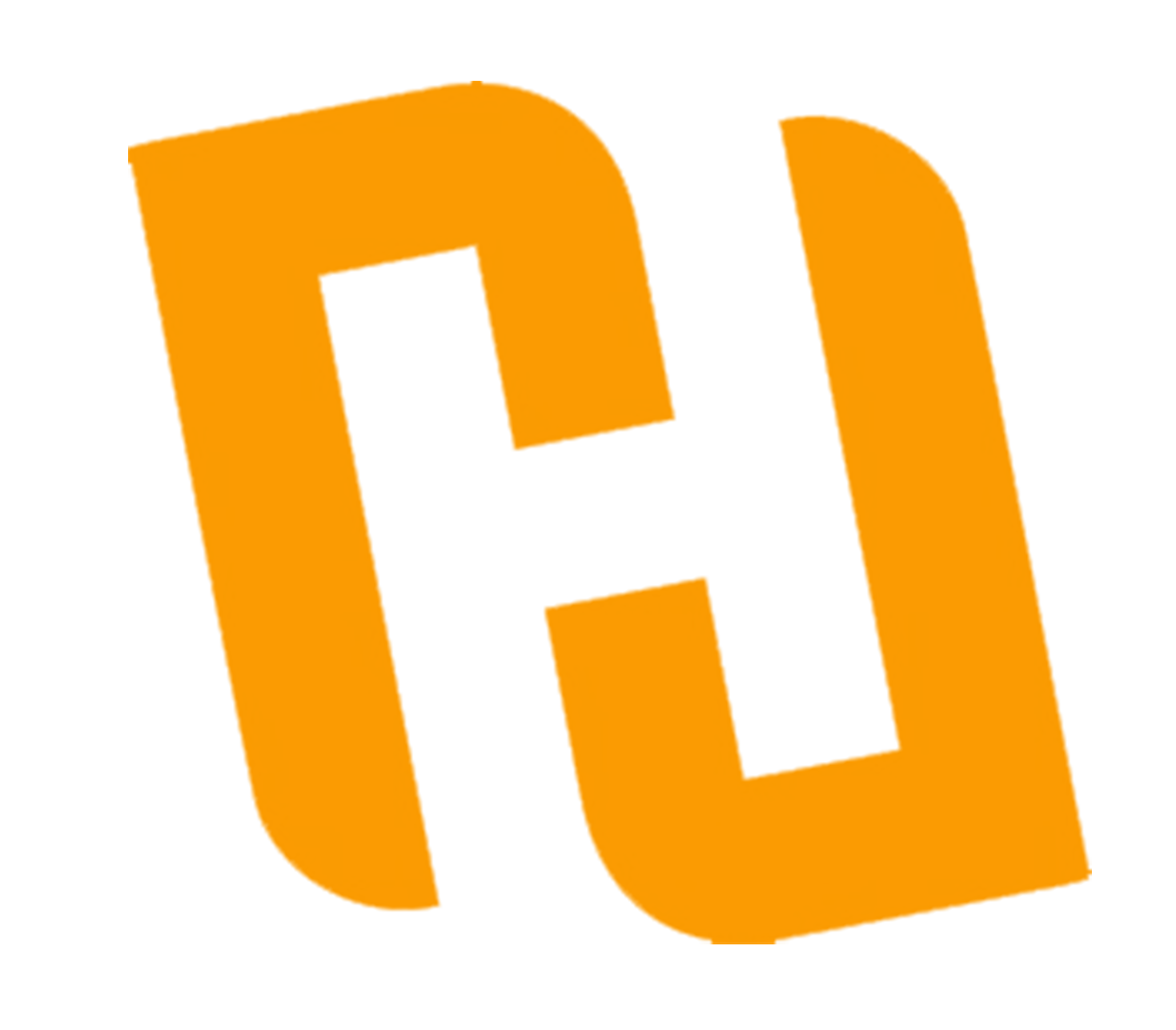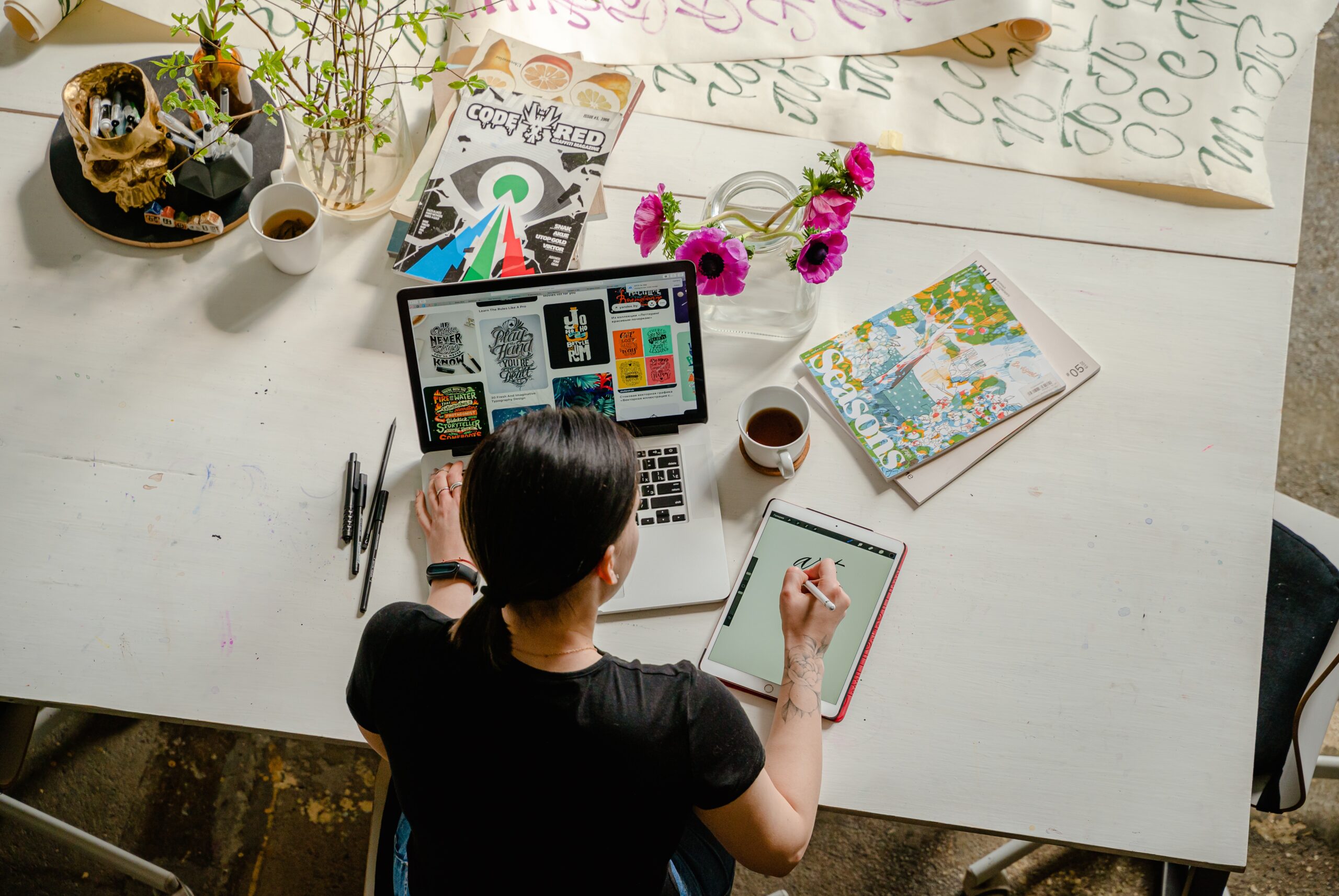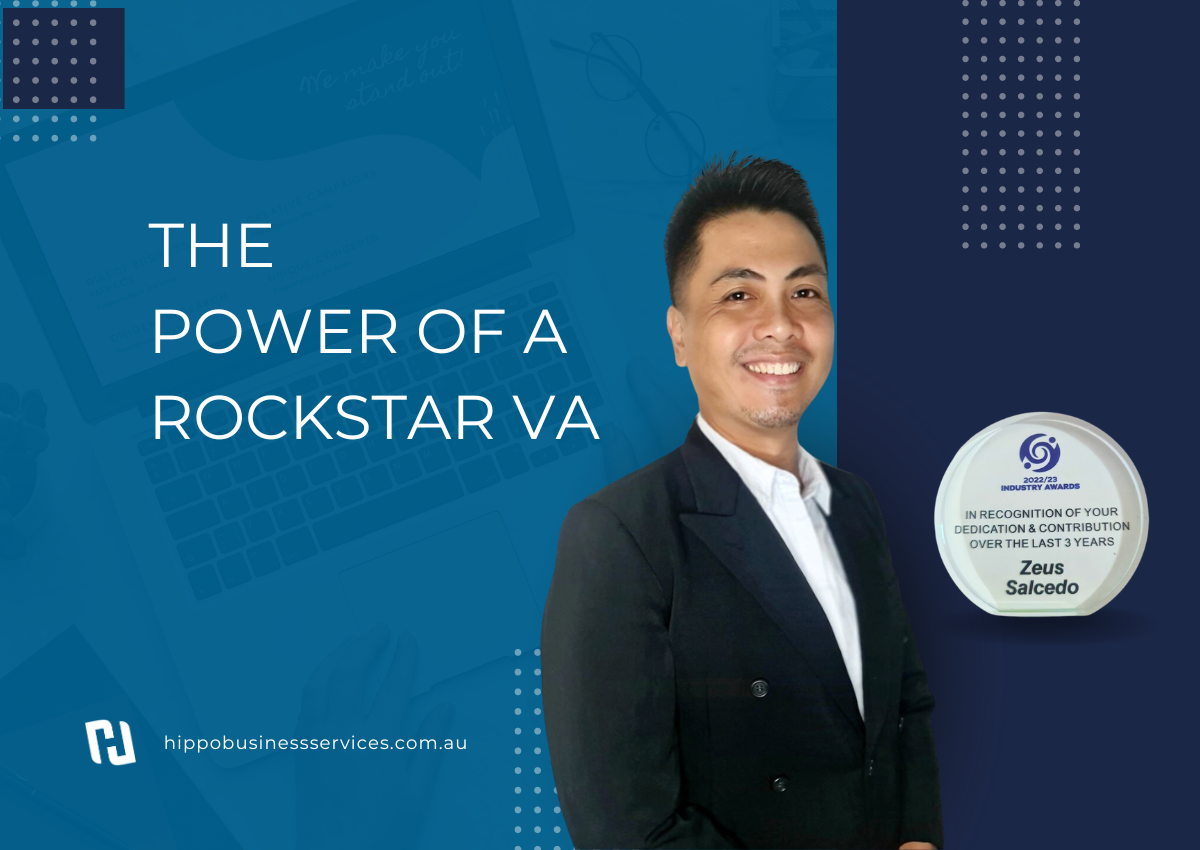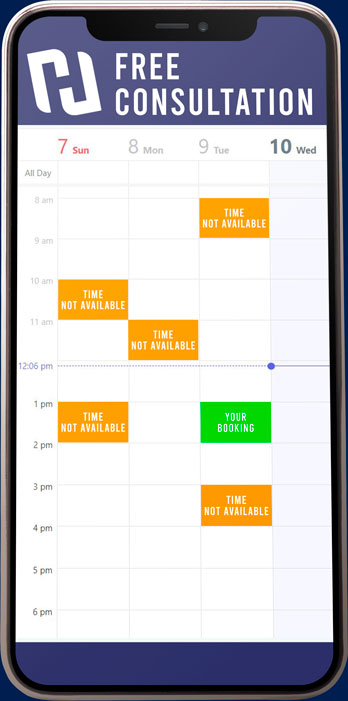Working from home is now the status quo. Shared office spaces, and cheeky banter over lunch with one’s peers soon became rituals of a forgotten past. Objectively speaking, working from home should reap many economic benefits. Gone are the long hours waiting in idle traffic as you head to the office, and the costs tied to it. Those saved hours could be channeled into more work, or precious sleep!
In reality however, humans are fallible creatures. Many VAs have raised similar complaints. From trouble focusing to finding their own work-life balance, they are struggling to manage their productivity at home. As businesses systemize and outsource their operations online, VAs are overworking themselves to capitalize on every profit-making opportunity. Unceasing hustle culture peddled by business moguls, further aggravates the issue. It is crucial that VAs, and business-owners alike realize that busyness does not always equate to productivity.
Today, we will be discussing the key differences between them, and multiple ways to use your time optimally.
The Pareto Principle
The Pareto Principle, first created by an Italian management consultant, states that roughly 80% of outcomes comes from 20% of its causes. Originally conceived to describe wealth inequity, it still remains highly applicable to work productivity. While its figures may not capture the work-to-output ratio accurately, the law of diminishing returns still stands.
Time and focus are finite resources. It is NOT about how much time you spend; it is about how you use it. The quality, and quantity of your work output drops if you invest far too much time. If the time invested starts exceeding the quality of your output, you should revaluate how your time is being spent. Doing so allows you to minimise burnout, and maximize efficiency. In this case, the adage, “less is more” applies.
Distractions Galore
Sadly, we have all met the colleague that constantly brags about “clocking in extra hours” and “putting in the work”. As discussed earlier, busyness is nothing to be proud of. The first question that we should be asking is: “has he or she used his time wisely?” In a workday, everyone faces many outward distractions: the new Eternals trailer that was just released, new video games being announced at E3 etc. If you find yourself working extra hours to make up for earlier distractions, then time is not being used efficiently. Those unwanted distractions have increased your busyness, not your productivity.
The first step is to embrace your limitations. The Pomodoro Technique is a wonderful system that allows for 5 minutes of distractions after 25 minutes of uninterrupted work. The anticipation of the 5-minute break motivates you to focus in those 25 minutes. Distraction as a motivational tool, inversely decreases the overall time spent on being distracted! Accepting our fallibility is not always a bad thing.
Home Is Not Where The Office Is
Culturally, the home is seen as a place of rest. However, as office-life creeps into the household domain, telecommuters find it harder to distance themselves from their work. Consequentially, it is increasingly difficult to unwind and relax. Many VAs find themselves working odd hours, committing most of their free time to their careers. As we have discussed earlier, being busy is not the same as being productive.
Regardless of where you are working from, your career should retain its office-like structure. Apart from the change in environment, your work hours, and obligations have not. Moreover, the 9-5 work model constrains the time you have available to work. Therefore, it encourages you to work optimally in a smaller amount of time.
Some Work, and Some Play
To the busyness obsessive, a hobby serves as an unwanted distraction. Instead, extensive work-stress is all part of the hustle, indicative of high productivity. Ironically, this is a counterintuitive proposition. Overworking results in the build-up of cortisol, the stress hormone. Studies have shown that cortisol impairs our ability to retain and recollect information. A simple way to mitigate this is to unwind!
All work and no play, makes Jack an unproductive worker. You are entitled to your own hobbies: reading books, playing video games, or spending time with your loved ones. Remember, there is a time and place for leisure. You should never feel guilty for enjoying your hard-earned free time.
Conclusion:
We are simply human; we are not soulless cogs in a machine. Realistically, we lack the time, or energy to readily commit to every profit-making opportunity. In these challenging times, your mental health and wellbeing are important factors to be accounted for. You are not expected to monetize every second of your waking life.
The fallacy that both busyness and productivity are interchangeable must end here. Productivity entails the efficient use of your time; busyness does not.









1 thought on “More is less, and less is more: “busyness” versus “productivity””
Useful information. Fortunate me I discovered your website by chance, and I’m surprised why this accident didn’t came about earlier!
I bookmarked it.
Comments are closed.